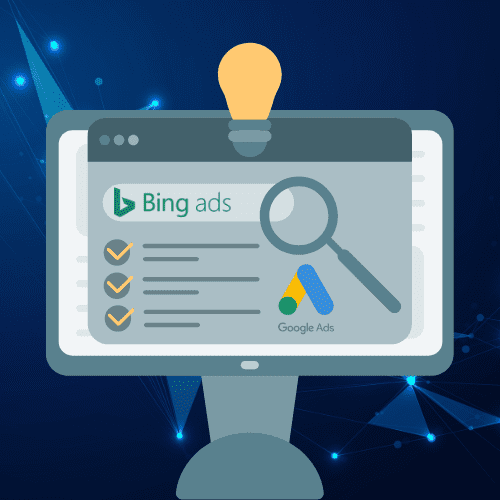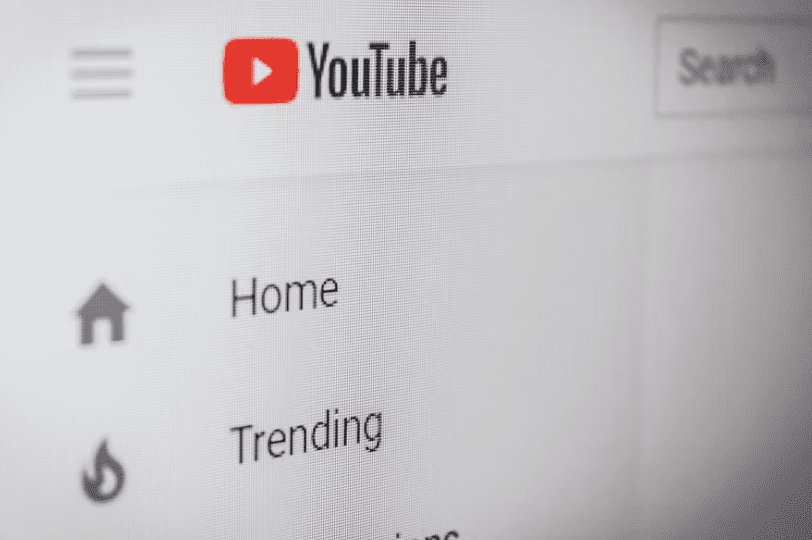PPC Advertising for Beginners




PPC (Pay-Per-Click) advertising is a powerful tool for businesses looking to drive traffic, generate leads, and boost conversions. With PPC, you only pay when someone clicks on your ad, making it a highly efficient way to attract your ideal audience. Whether you’re a small business or a large organisation, mastering PPC can play a significant role in your marketing success.
In this blog, we’ll break down the basics of PPC, from setting up and running campaigns to optimising for maximum impact. We’ll also explore the most popular platforms, like Google Ads and Bing Ads, and advanced strategies like display advertising, PPC audits, and remarketing to take your campaigns to the next level.
PPC advertising is a model where advertisers pay only when their ad is clicked, allowing you to buy visits to your site rather than waiting for organic traffic to roll in. These ads can appear on search engines, social media, or partner websites, offering businesses the flexibility to reach their target audience wherever they are online.
PPC offers several distinct advantages:
To run a successful PPC campaign, you need a solid foundation and strategy in place. Here are some essential steps to guide you:
Define Clear Goals: Set measurable objectives, whether it’s increasing website traffic, generating leads, or driving sales.
Identify Your Target Audience: Determine who your ideal customer is and tailor your ads to match their preferences.
Choose Your Platform: Platforms like Google Ads and Bing Ads offer unique features—choose one that aligns with your goals.
Select Your Ad Type: From search ads to display ads, pick the format that best suits your objectives.
Research Keywords: Focus on high-volume, low-competition keywords that will attract clicks and conversions.
Craft Compelling Ad Copy: Highlight your product or service’s unique benefits and include a clear call to action.
Optimise Landing Pages: Ensure your landing pages align with your ad and are designed to convert.
Monitor and Optimise: Track performance metrics and refine your campaign to maximise results.
Understand Keyword Matching:
Broad Match: Targets related searches and phrases.
Phrase Match: Matches exact phrases with additional words before or after.
Exact Match: Targets only exact keywords for maximum precision.
As the most widely used platform, Google Ads provides businesses access to a massive audience. Its key features include:
Bing Ads is a cost-effective alternative to Google Ads, offering lower competition and the ability to reach additional audiences via Yahoo. It’s an excellent option for businesses looking to maximise reach while keeping costs down.
Display ads are visually engaging banners that appear on websites and apps. They’re ideal for building brand awareness and targeting specific audiences based on interests or online behaviour.
Perform regular audits to ensure your campaigns stay on track. A PPC audit includes:
Remarketing allows you to re-engage users who have already interacted with your site. By showing them targeted ads as they browse other websites, you can encourage them to complete a purchase or take another desired action.
YouTube Webinar: This YouTube webinar offers an accessible introduction to PPC advertising, discussing best practices, various digital advertising channels, and methods to measure PPC effectiveness.
Google Ads Certification: Provided by Google Ad’s Skillshop, this free certification covers various aspects of Google Ads, including search advertising, and is suitable for those looking to diversify their PPC skills.
SEMrush PPC Fundamentals Course: This free course by SEMrush, taught by PPC expert Joel Bondorowsky, offers a thorough introduction to PPC basics and guides learners in creating effective campaigns.
PPC advertising is an essential component of any digital marketing strategy. With platforms like Google Ads and Bing Ads, you can effectively reach your target audience and drive quality conversions. By utilising advanced strategies such as display advertising and remarketing, you can maximise your ROI and achieve your business goals.
At Clever Clicks, we’re passionate about helping businesses unlock the potential of PPC advertising. Whether you need expert campaign management, tailored consultancy, or in-depth training, our team has the expertise to deliver results.
PPC Management: Let our specialists handle every aspect of your campaigns, ensuring precision and maximum return on ad spend (ROAS).
Google Ads Consultancy: Gain actionable insights with detailed campaign audits and ongoing expert guidance.
Google Ads Training: Empower your team with the skills to manage PPC campaigns confidently and effectively.
In Conclusion, getting to grips with PPC advertising will accelerate the growth of your business goals. Take the first step towards PPC success today – contact us to find out how our PPC team can help.

SEO vs GEO: The Future of Search Optimisation
Read full blog
Learn how to start a successful YouTube channel for your business in 2025 from content strategy and branding to optimisation tips that boost growth and visibility.
Read full blog